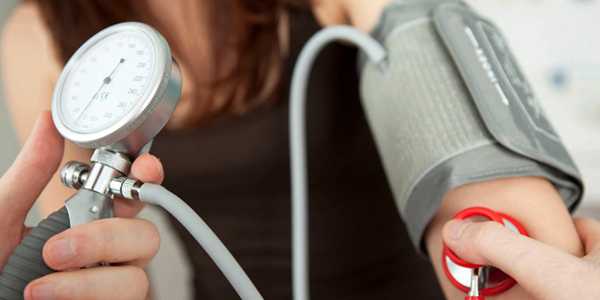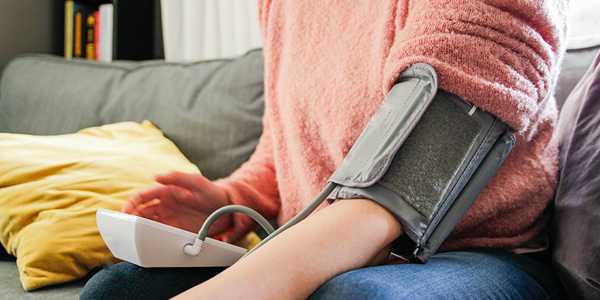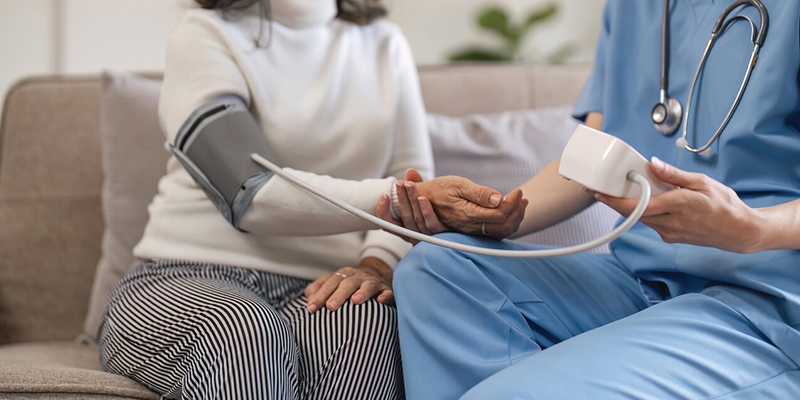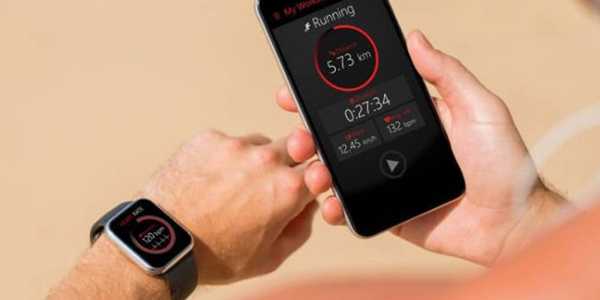Who Should Make Regular Blood Pressure Monitoring a Habit?
Systematic blood pressure measurement is essential to maintain optimal physiological homeostasis and avoid harmful pathologies. Identifying population groups that require continuous monitoring can promote preventive health strategies. This article explains the critical levels requiring careful observation and provides valuable blood pressure monitoring tips, management methods, and health recommendations.

People with a History of Hypertension
Individuals diagnosed with hypertension or elevated arterial pressure are susceptible to significant disease risks, such as cardiovascular disease, cerebrovascular accidents, and renal impairment. Regular blood pressure monitoring will help track and treat their condition carefully. Here are some blood pressure monitoring tips for people with hypertension:
- Measure your blood pressure synchronously every day.
- Use a reliable blood pressure monitor at home.
- Record your measurements in a compendium or digital archive.
- Consult your doctor regularly to review your details.
Older and Elderly People
With age, blood vessel elasticity decreases, and arterial pressure may worsen. Elderly patients and the elderly need careful blood pressure monitoring to prevent complications. Regular tracking can detect early changes and intervene in time. To improve blood pressure health, older people should:
- Follow a diet rich in fruits, herbs, and whole grains.
- Perform regular physical activity.
- Limit your sodium chloride intake.
- Avoid excessive consumption of ethanol.
People with Chronic Kidney Disease
Chronic kidney disease can trigger or worsen high blood pressure. Monitoring blood pressure is essential for CKD patients to prevent further kidney degeneration and other related health problems. Here are tips for blood pressure monitoring for CKD patients:
- Measure your arterial blood pressure regularly and record the measurements.
- Stick to a kidney-protective diet.
- Take prescribed medications as directed.
People with Cardiovascular Disease
People with cardiovascular disease, such as B. Those with a history of cardiomyopathy or cerebrovascular accident, must strictly regulate their blood pressure. Regular monitoring helps control blood pressure and prevent further complications. To optimize blood pressure health, these people should:
- Monitor arterial blood pressure at home and report significant deviations to their doctor.
- Follow a low-fat and low-cholesterol cardioprotective diet.
- Stay physically active with doctor-approved exercise.
Pregnant Women
Pregnancy can cause changes in arterial blood pressure, and some women develop conditions such as preeclampsia. Regular blood pressure checks are essential for expectant mothers to protect their health and offspring. To keep your blood pressure healthy during pregnancy, keep in mind the following tips for blood pressure monitoring:
- Attend all antenatal arterial pressure monitoring appointments.
- If your doctor recommends you monitor your blood pressure at home.
- Ensure adequate hydration and a balanced diet.
People with Diabetes
Proper blood pressure control can prevent complications such as cardiovascular disease and cerebrovascular accidents. To maintain optimal blood pressure, people with diabetes should:
- Regularly monitor your arterial pressure and keep a history.
- Follow a diet that promotes glycemic control.
- Perform regular physical activity to maintain an optimal body weight.
Overweight and Obese People
Obesity increases hemodynamic stress on the cardiovascular system and causes elevated arterial pressure. Overweight and obese people should carefully monitor their blood pressure to avoid health complications. Adequate blood pressure control strategies include:
- Regular physical activity promotes fat loss.
- A balanced diet that is low in saturated fat and fibre.
- Avoid sugary drinks and high-calorie foods.
People with a Sedentary Lifestyle
Lack of physical activity can lead to obesity, impaired cardiovascular function, and elevated arterial pressure. For people with a sedentary lifestyle, regular blood pressure monitoring is essential. Here are some tips for monitoring blood pressure for people with a sedentary lifestyle:
- Incorporate intermittent, frequent physical exertion throughout your daily cycle.
- Wearable fitness devices are used to monitor activity levels and arterial pressure.
- If you have an office job, perform isometric exercises.
- Plan regular intervals to get up, stretch, and move.
Smokers and Tobacco Users
Smokers and tobacco users should monitor their blood pressure carefully to mitigate these risks. Adequate blood pressure control strategies for smokers include:

- Get professional help to quit smoking.
- Avoid passive smoking.
- Check blood pressure regularly, especially after quitting.
Stressed People
Chronic stress can trigger persistent high blood pressure, so regular monitoring is necessary for people with high-stress levels. To achieve optimal blood pressure, stressed people should:
- Practice mindfulness and meditation.
- Get regular physical activity.
- Develop helpful coping mechanisms, such as journaling or psychotherapy.
People on Certain Medications
Certain medications, such as corticosteroids, oral contraceptives, and decongestants, can increase blood pressure. Here are some blood pressure control tips for people who take such medications:
- Talk to your doctor about your medications' possible blood pressure-lowering effects.
- Check your blood pressure before and after taking medications.
- Report any significant changes to your doctor.
Athletes and Physically Active People
While exercise generally improves cardiovascular health, athletes and active people should also monitor their blood pressure. Intense physical activity can sometimes cause a temporary increase in arterial blood pressure. To control blood pressure, athletes should:
- Monitor arterial pressure before and after exercise.
- Maintain adequate fluid and nutritional intake to support cardiovascular integrity.
- Avoid overtraining and plan for adequate recovery periods.
People with Sleep Apnea
People with sleep apnea should monitor their blood pressure continuously to manage associated risks. Here are some blood pressure monitoring tips for people with sleep apnea:
- Use a continuous positive airway pressure (CPAP) device as directed.
- Monitor arterial pressure upon waking and before bed.
- Maintain an optimal weight to relieve symptoms.
People Living at High Altitudes
Residents of high altitudes should monitor their arterial pressure regularly to detect any adverse effects. For optimal blood pressure, consider the following blood pressure monitoring tips:
- Acclimate to altitude gradually to minimize fluctuations in arterial pressure.
- Maintain adequate fluid intake and limit sodium chloride intake.
- Monitor arterial pressure more frequently during acclimatization.
Lifestyle Factors Affecting Blood Pressure
Various lifestyle factors can affect arterial pressure. Even if you are generally healthy, being aware of these factors and monitoring your blood pressure regularly can contribute to overall blood pressure health. Consider the following blood pressure monitoring tips:
- Reduce sodium intake to lower arterial pressure.
- Avoid smoking and limit ethanol consumption.
- Exercise regularly.
Conclusion
Regular blood pressure monitoring is essential to maintaining optimal health, especially for individuals at higher risk for hypertension and related conditions. Following blood pressure monitoring tips and using blood pressure control strategies can ensure better blood pressure health and prevent complications. Seek personal advice from your doctor and monitor your blood pressure regularly to stay informed about your health.





